Little certainty: A 'new era' for China's economy
Zaobao correspondent Chen Jing notes that market confidence is still shaken after the 20th Party Congress, and there is little clarity on how the new team will realise China's hopes of achieving high-quality development while zero-Covid measures remain in place.
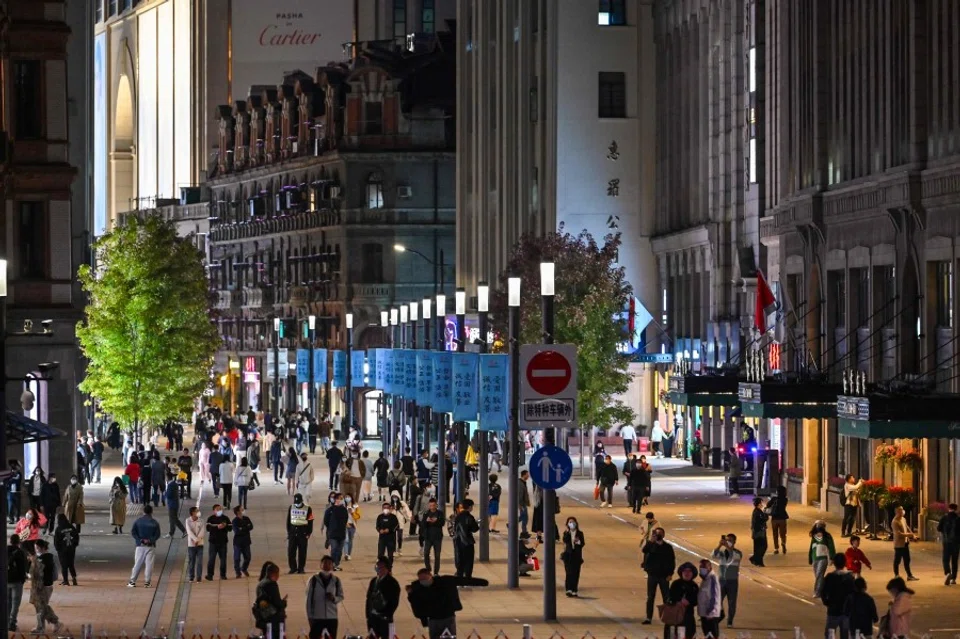
On returning from Beijing to Shanghai, once again I noticed the very different personality types exhibited by cabbies of both cities.
Beijing's cabbies are mostly cheerful and chatty, giving their take readily on current affairs. Shanghai's cabbies are more measured, low-key and pragmatic in their views. In the cab from the airport, the cabbie was lamenting about stock prices falling in the last few days and the wisdom of investing in gold over shares in the next few years. "Now, only gold keeps its value," he said.
I told the cabbie that following a statement from the regulatory authorities to calm the market, Chinese stocks had started to rebound. But he was unconvinced: "It falls by 100 yuan, then goes up by 10 yuan. Isn't it still a loss of 90 yuan? The way I see it, the economy will be worse over the next five years, and the market will fall back to the level ten years ago."
I was curious and probed further. The cabbie was silent for a while, but could not resist: "Shanghai's economy has tanked this year, and he was still promoted to the number two position. Doesn't that show the problem?"
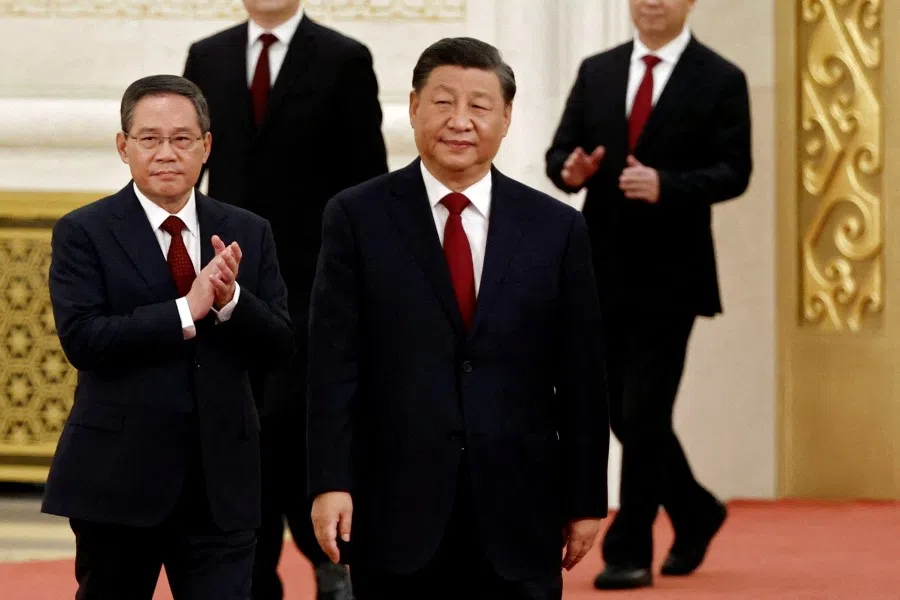
As the Chinese Communist Party's (CCP) 20th Party Congress drew to a close, markets in mainland China and Hong Kong took a hit. The Shanghai Composite Index fell below 3000 points, while the Hang Seng Index fell to a new low since the 2009 financial crisis, showing the pessimistic outlook of the financial markets regarding China's economy. From personnel appointments to statements in the congress report, the 20th Party Congress has people worried.
... some analysts are worried that the absence of core decision-makers from the "pro-market camp" might lead to unbalanced economic policies...
Unbalanced economic policies may prevail
The new Politburo Standing Committee (PSC) appointed on 26 October features four new faces, all of which are Xi Jinping loyalists, including the "he" that the cabbie was referring to - Shanghai party secretary Li Qiang, tipped to take over as premier and take charge of the economy. Another Xi stalwart and current minister-in-charge of the National Development and Reform Commission (NDRC) He Lifeng is expected to take over Liu He as vice-premier in charge of the economy and finances.
Also, current governor of the People's Bank of China Yi Gang and chairman of the China Banking and Insurance Regulatory Commission Guo Shuqing - seen as "reformists" - are not on the list of Central Committee members or alternate members, meaning they might step down during the government investiture in March next year.
Even though more than ten people in the new Central Committee have a background in economics or finance, some analysts are worried that the absence of core decision-makers from the "pro-market camp" might lead to unbalanced economic policies, such as deepening government intervention in the market and accelerating the rise of state-owned enterprises and the decline of private companies.
Some interpret this as the CCP putting national security above economic growth, and the end of an era of having the economic framework at the centre.
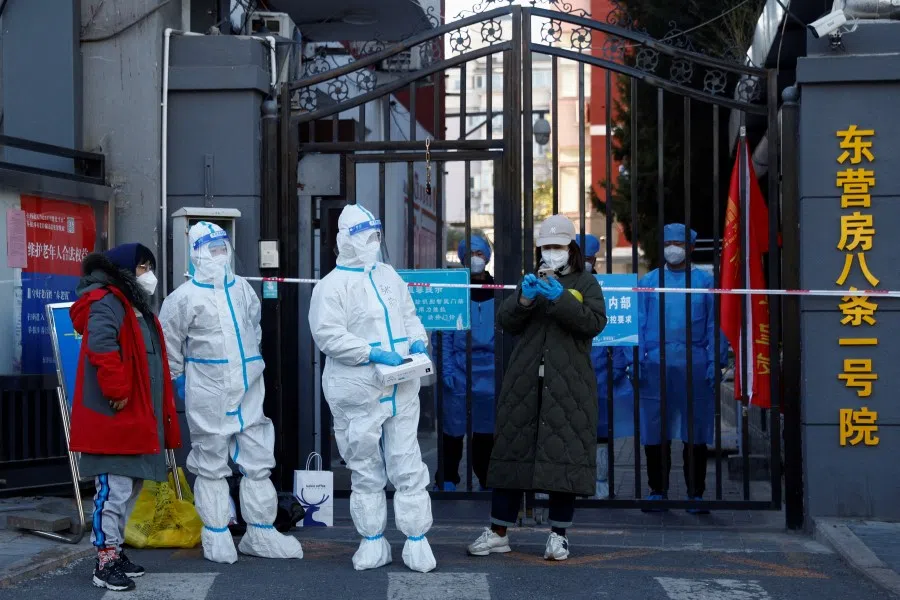
Besides changes in appointments, the congress report did not include economic solutions that the market was hoping for, and no new plans for economic development - only a general narrative on modernising national security systems and capabilities. Some interpret this as the CCP putting national security above economic growth, and the end of an era of having the economic framework at the centre.
There was also no clarity on the future direction of the pandemic policy. There were hopes that China would relax its pandemic controls after the five-yearly congress, but besides affirming the effectiveness of the "dynamic zero" policy, the report did not set out the next moves. Following the end of the congress, many provinces are continuing with high-pressure lockdowns, and analysts are forecasting that the zero-Covid measures will last at least until after the Two Sessions next year. This means that domestic demand will remain suppressed in the short term, dragging back economic growth.
Stability emphasised
That said, Chinese higher-ups did not downplay economic growth or indicate a movement towards accelerated decoupling from the world. Having secured his third term in office, Xi told the media on 23 October that China will be "steadfast in deepening reform and opening up across the board and in pursuing high-quality development", adding that the country will "open its door ever wider".
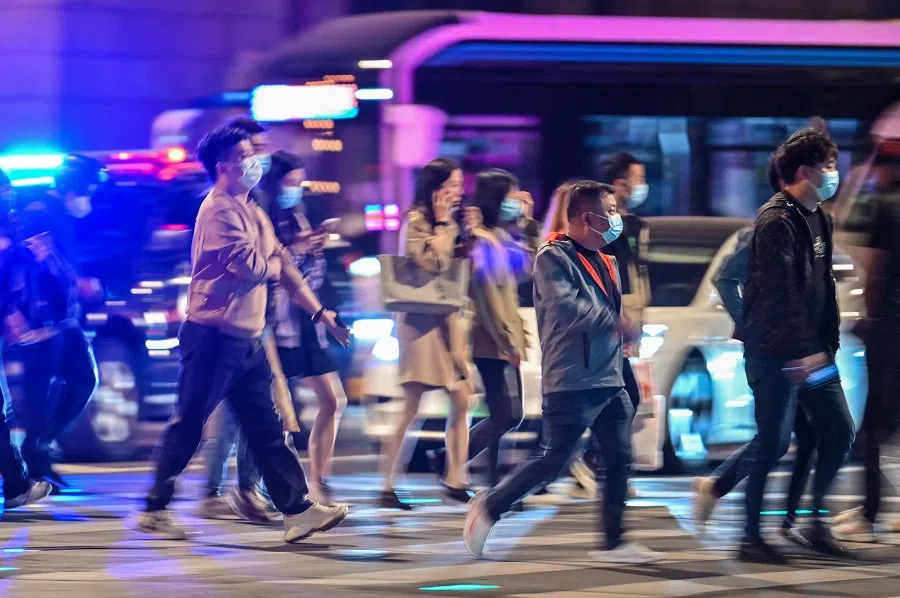
This week, the NDRC and other departments rolled out 15 measures to boost foreign investment, including facilitating international travel for key foreign enterprise personnel and their families with the view to attracting more foreign capital and stabilising existing foreign investment. Thereafter, the Civil Aviation Administration announced that it would significantly increase the number of international flights starting this weekend, signalling the relaxation of entry restrictions.
Back to the subject of personnel appointments, while Li Qiang does not have a doctorate in economics like current Chinese Premier Li Keqiang and lacks experience in the State Council, local businesspeople found him to be pragmatic and open when he was running Zhejiang, Jiangsu and Shanghai. Optimists also believe that he will exert more influence and drive economic growth more effectively after becoming premier.
The day the Hong Kong stock market crashed, Hu Xijin, former editor-in-chief of Chinese state media Global Times, said on Weibo that this was because some Hong Kong stock investors "misinterpreted" many mainland Chinese policies. He explained that China will definitely pay close attention to economic growth and will never allow economic fundamentals to fall, adding that Beijing has more tools and measures for macroeconomic regulation and control than anywhere else.
Decision makers have to provide clearer guidance and formulate a clearer blueprint before market confidence can be restored.
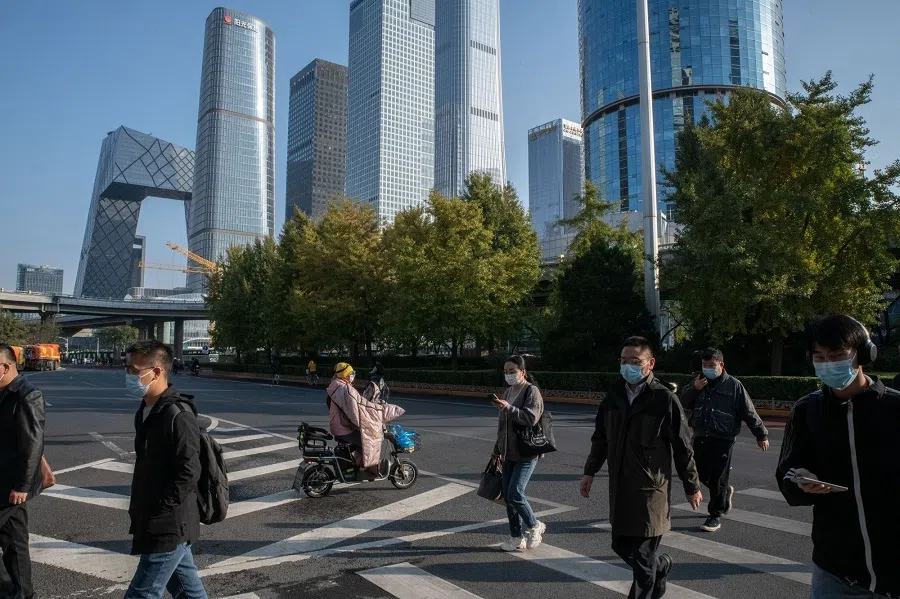
The congress report affirmed that high-quality development is a prerequisite for the CCP to achieve the centenary goal of building China into a "modern socialist country in all respects" and would be the main task of China's development in the next five years. But the market does not understand how the government intends to grow the private sector while ensuring "common prosperity"; how "dynamic zero-Covid" can be achieved while relaxing entry restrictions; and how a decision-making body consisting of the top leader's loyalists can avoid running the risk of groupthink.
As the world's second-largest economy, China's every move will affect the development of the region and the world. And this is why investors are particularly watchful of developments in China. Decision makers have to provide clearer guidance and formulate a clearer blueprint before market confidence can be restored. This is perhaps the first problem that the Chinese economy has to solve as it enters the new era of "one position as the highest authority" at home and complex international situations abroad.
For Lianhe Zaobao's special reports on the 20th Party Congress, click here.
This article was first published in Lianhe Zaobao as "中国经济走进"新时代"".
Related: China's next premier Li Qiang: More implementation, less decision-making | With Xi-ism, is extreme power quietly taking shape in China? | Xi's model of Chinese modernisation shaking up China and the world | Chinese state media: Party and state leaders step down of their own accord | Where will the zero-Covid policy and Xi's third term lead China? | When will China end its zero-Covid policy and open up its borders? | Many want out as Shanghai recovers from lockdown


![[Big read] When the Arctic opens, what happens to Singapore?](https://cassette.sphdigital.com.sg/image/thinkchina/da65edebca34645c711c55e83e9877109b3c53847ebb1305573974651df1d13a)


![[Video] George Yeo: America’s deep pain — and why China won’t colonise](https://cassette.sphdigital.com.sg/image/thinkchina/15083e45d96c12390bdea6af2daf19fd9fcd875aa44a0f92796f34e3dad561cc)